Could Garlic Be the Answer to This Global Health Threat?
Imagine for a moment that you live in a world where a minor and routine surgery puts your life at risk, due to infection… and nothing can be done to save you.
Sounds rather extreme, right?
What if, within this same world, one innocent bout of “stomach flu” took down your entire family with no possible way of treating it?
Again, this may sound extreme. Unfortunately, however, this is not a fictional tale. This is the reality of something that is already happening… widespread antibiotic resistance.
The World Health Organization reports that antibiotic resistance is a “serious threat to global public health”.[i] And the bacteria that are becoming resistant to antibiotics are not rarely encountered. They are quite common and are among those that contribute to acne, gastrointestinal illness, ulcers, stomach cancer and post-surgical infections.
You have probably heard of the ‘hospital superbug’ MRSA. This is a type of ‘staph’ bacteria that can no longer be treated by the penicillin and cephalosporin classes of antibiotic. This bacterium can cause infections that are highly contagious and extremely difficult to treat.
Even more common are infections from Campylobacter – the bacteria that is responsible for more than 2.4 million cases of “food poisoning” each year in American alone. And this bacteria is also becoming increasingly resistant to antibiotics.[ii]
Or, consider Helicobacter pylori. This common bug is present within the digestive track of two-thirds of the world’s population. In normal concentrations within a healthy microbiome, H. pylori can provide benefits to the host. But it can also multiply out of control. This can lead to ulcers and even stomach cancer. And this bacteria has also become resistant to numerous medications.[iii] As a result, it can become a deadly threat.
Antibiotic Resistance: How Have Humans Created This Global Threat?
… And can we protect ourselves?
The World Health Organization tells us:
“The development of antimicrobial resistance is a natural phenomenon. However, certain human actions accelerate its emergence and spread. The inappropriate use of antimicrobial drugs, including in animal husbandry, favors the emergence and selection of resistant strains.”
Quite simply, it is perfectly natural for bacteria to mutate and become resistant to threats against them. But this has become pandemic as a result of the:
- Over-prescription of antibiotics
- Inappropriate use of antibiotics (failing to finish prescriptions, etc.)
- Use of antibiotics in raising livestock and poultry
However, there are precautions you can take. And the scientific research has some very interesting things to say about the anti-microbial effects of common garlic.
Folklore tells us that the “stinking rose” can ward off vampires. Science shows us that it can kill the microscopic and antibiotic resistant ones!
What Makes Garlic So Effective At Fending Off Microscopic Vampires?
If you’re an avid fan of the health benefits of garlic, you know that its active compound is an organosulfur compound known as allicin. But you might not know that organosulfur compounds are also found in most antibiotics. Just open a bottle and take a sniff.
The allicin in garlic is highly antimicrobial, as is diallyl sulfide –the breakdown product of allicin.
But there’s an even more impressive antibacterial compound in the “stinking rose” called ajoene. Not only has ajoene been shown to kill Staphylococcus aureus and Klebsiella pneumoniae,[iv] it has also been shown to effectively eliminate the ‘hospital superbug.’
Researchers from the Department of Bacteriology at the Hirosaki University School of Medicine tested garlic powder for its antibacterial properties against methicillin-resistant Staphylococcus aureus (MRSA) and found it to be highly effective.[v] It is not detailed which of the garlic compounds was tested.
Could Garlic Even Protect Against Food Poisoning?
Researchers from Washington State University researched the effects of diallyl sulfide on Campylobacter jejuni – one of the most common causes of food poisoning (gastroenteritis). They compared the results to two common antibiotics: ciprofloxacin and erythromycin. They found that the garlic derivative was 100 times more effective on the bacteria than the antibiotics.[vi][vii]
Our pungent friend also inhibits Listeria and pathogenic E. coli.[viii]
So it seems that garlic is not only a tasty additive to food, but also shows great promise as a food additive to fight bacteria.
Is There A Link Between Garlic, Bacteria And Stomach Cancer?
H. pylori typically lives alongside us happily. But for some people it can increase the risk of ulcers and stomach cancer.
An article published in the Journal of Nutrition not only shows us that garlic can eradicate H. pylori. It also hints that diet high in allium vegetables can be an important protector against stomach cancer:
“The incidence of stomach cancer is lower in populations with a high intake of allium vegetables. We have demonstrated in vitro that H. pylori is susceptible to garlic extract at a fairly moderate concentration. Even some antibiotic-resistant H. pylori strains are susceptible to garlic.”[ix]
Staying Healthy with Garlic… and Ancestral Wisdom
There are many things you can do to minimize your risk of developing an antibiotic-resistant infection and maintain a healthy level of microbes:
- Include both cooked and raw garlic as a regular part of your diet, along with onions, shallots, leeks and chives. These are all vegetables rich in the sulfur-rich compounds that ward off potentially harmful bacteria.
- Brassica vegetables also contain organosulfur compounds. Include a daily dose of organic cabbage, broccoli, cauliflower, Brussels sprouts, arugula or bok choy to your meals. For that extra beneficial bacterial boost, choose lacto-fermented versions like sauerkraut or kimchi.
- Consume grass fed organic meats, poultry and eggs to reduce your intake of food-derived antibiotics.
- Avoid cross contamination of foodborne bacteria by using different chopping boards for meats, poultry and vegetables. Always cook food properly and use sensible hygiene procedures like washing hands and utensils in between working with meat and vegetables.
- Use antibiotics wisely and only when necessary. Health guidelines also clearly state that finishing your entire dose reduces the risk of antibiotic resistance.
- Optimize your vitamin D levels through sun exposure or safe supplementation.
- Be physically active. Not only does this stimulate the immune system and lymph, but raising core temperature is important to fend off infections of all kinds.
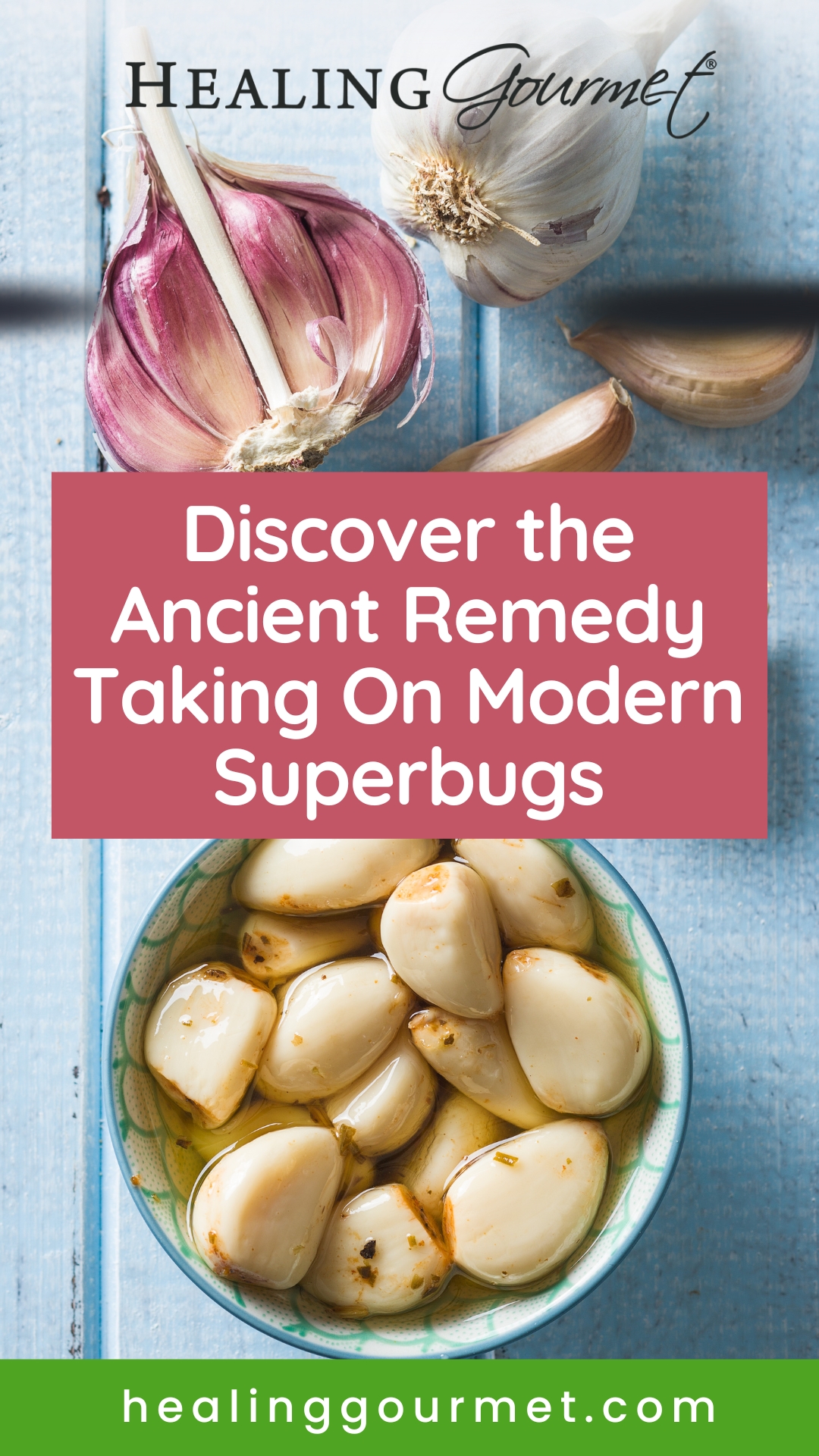
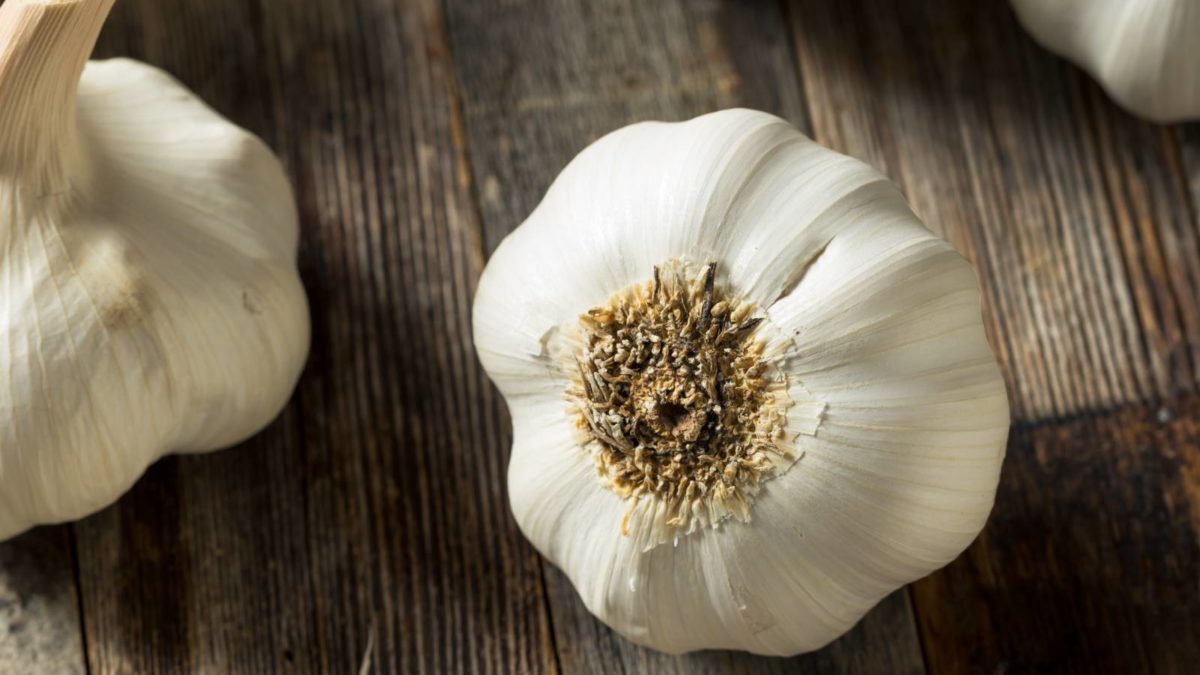
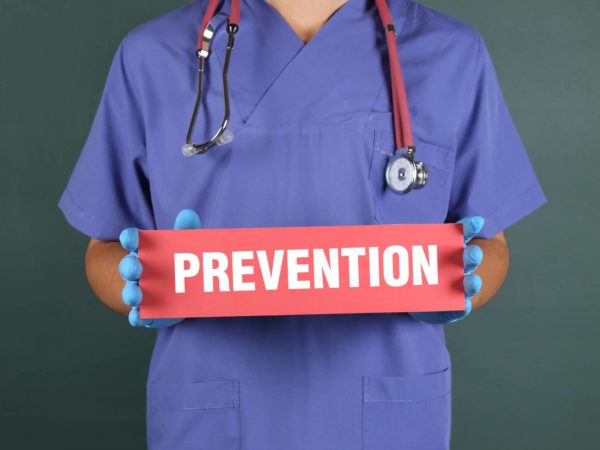
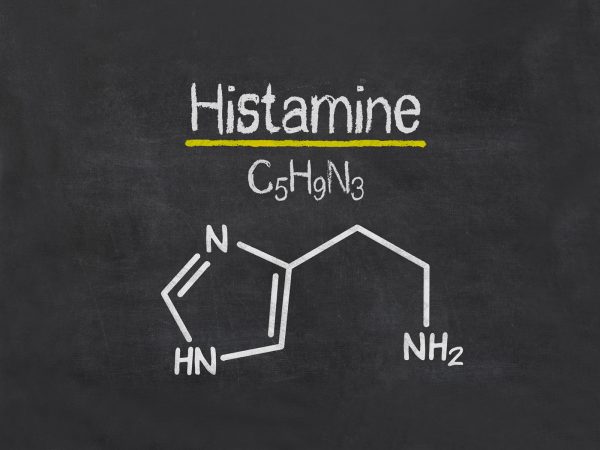
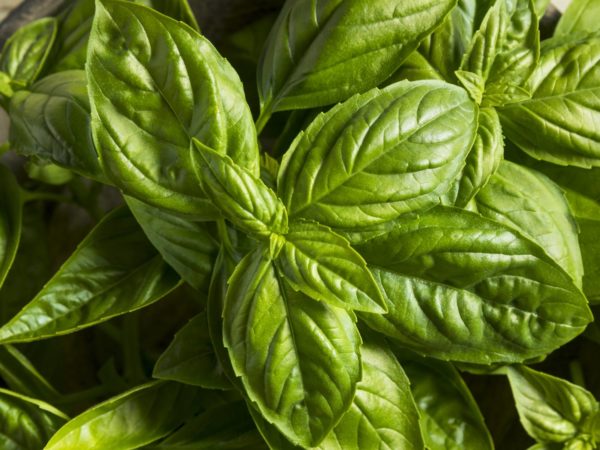
Leave a Reply